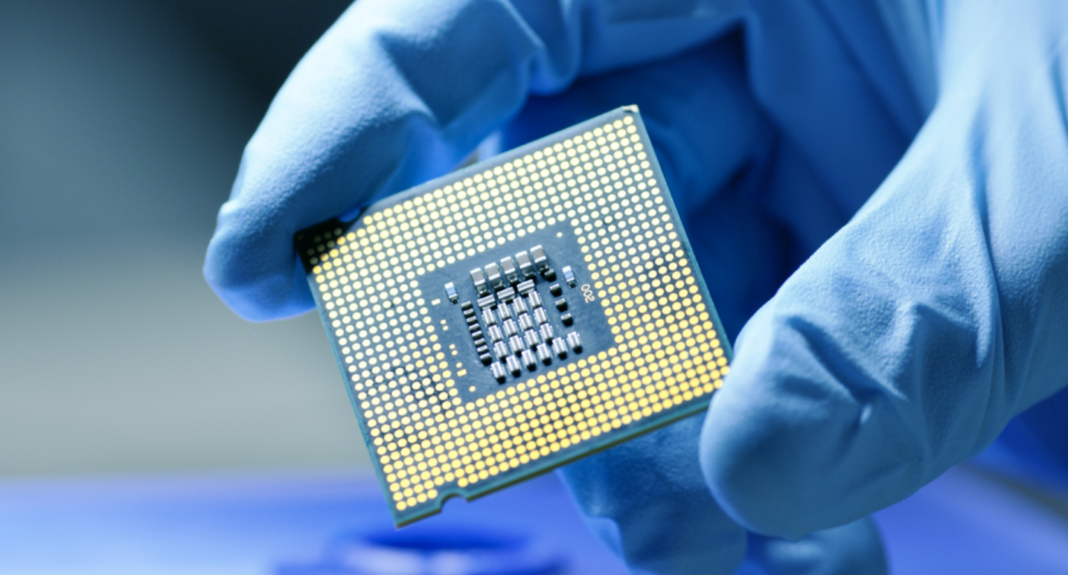India Approves Four New Semiconductor Projects Worth ₹4,594 Crore
In a significant push to strengthen India’s position in the global semiconductor supply chain, the Union Cabinet has approved four new semiconductor projects worth ₹4,594 crore across Odisha, Punjab, and Andhra Pradesh. The announcement was made by Union Minister for Electronics and IT Ashwini Vaishnaw on Tuesday, highlighting the growing momentum of the India Semiconductor Mission (ISM).
With these new approvals, the total number of sanctioned semiconductor projects under ISM has reached 10, attracting cumulative investments of approximately ₹1.6 lakh crore spread across six states. Collectively, the latest projects are expected to generate employment for around 2,034 skilled professionals.
Odisha to Host First Commercial Silicon Carbide Semiconductor Plant
Bhubaneswar, Odisha, will see the establishment of India’s first commercial compound semiconductor fabrication facility. The government has sanctioned an investment of ₹2,066 crore for a Silicon Carbide-based compound semiconductor plant to be set up by SicSem Pvt. in collaboration with Clas-SiC Wafer Fab Ltd., UK.
This state-of-the-art fab will manufacture Silicon Carbide devices with an annual capacity of 60,000 wafers and a packaging capacity of 96 million units. These devices are critical for high-efficiency electronics, electric vehicles (EVs), renewable energy systems, and industrial automation, offering better performance in high-temperature and high-voltage environments compared to traditional silicon chips.
Advanced Packaging and Embedded Glass Substrate Unit in Odisha
The second project in Bhubaneswar will focus on advanced packaging technology and embedded glass substrate manufacturing. With a total investment of ₹1,943 crore, the project will see participation from Intel, Lockheed Martin, venture capital funds, and multiple private equity players.
This vertically integrated facility will introduce next-generation semiconductor packaging capabilities to India, including glass interposers with passives, silicon bridges, and 3D heterogeneous integration (3DHI) modules. The planned capacity includes 69,600 glass panel substrates, 50 million assembled units, and 13,200 3DHI modules annually. Applications will span defence electronics, high-performance computing, artificial intelligence, RF and automotive systems, photonics, and co-packaged optics.
Mohali Chip Plant Expansion
In Mohali, Punjab, Continental Device India Pvt. will expand its existing semiconductor manufacturing capabilities with a ₹117 crore investment, supported by Korean technology partners. This brownfield expansion will produce high-power discrete semiconductor devices such as MOSFETs, IGBTs, Schottky Bypass Diodes, and transistors, in both silicon and silicon carbide variants.
The expanded facility will have the capacity to manufacture 158.38 million units annually, serving critical sectors including EVs, charging infrastructure, renewable energy, industrial power conversion, and telecommunications.
Andhra Pradesh to Get Chip Packaging Unit
Andhra Pradesh will house a new chip packaging unit by Advanced System in Package Technologies, with an investment of ₹468 crore. The project, developed in collaboration with South Korea’s APACT Co. Ltd., will have an annual capacity of 96 million units.
This facility will focus on packaging solutions for applications in smartphones, set-top boxes, automobiles, and a variety of consumer and industrial electronics, adding value to India’s growing electronics manufacturing ecosystem.
Boost to India’s Semiconductor Ecosystem
The four projects mark another step toward reducing India’s dependence on imported chips and aligning with the government’s ambition to make the country a global hub for semiconductor design and manufacturing. By securing international collaborations and bringing advanced packaging and compound semiconductor capabilities to India, these projects are expected to strengthen the domestic supply chain and support the nation’s technological self-reliance.
Minister Ashwini Vaishnaw emphasized that the projects reflect growing investor confidence and will help India meet surging domestic demand while positioning the country competitively in the international semiconductor market.








